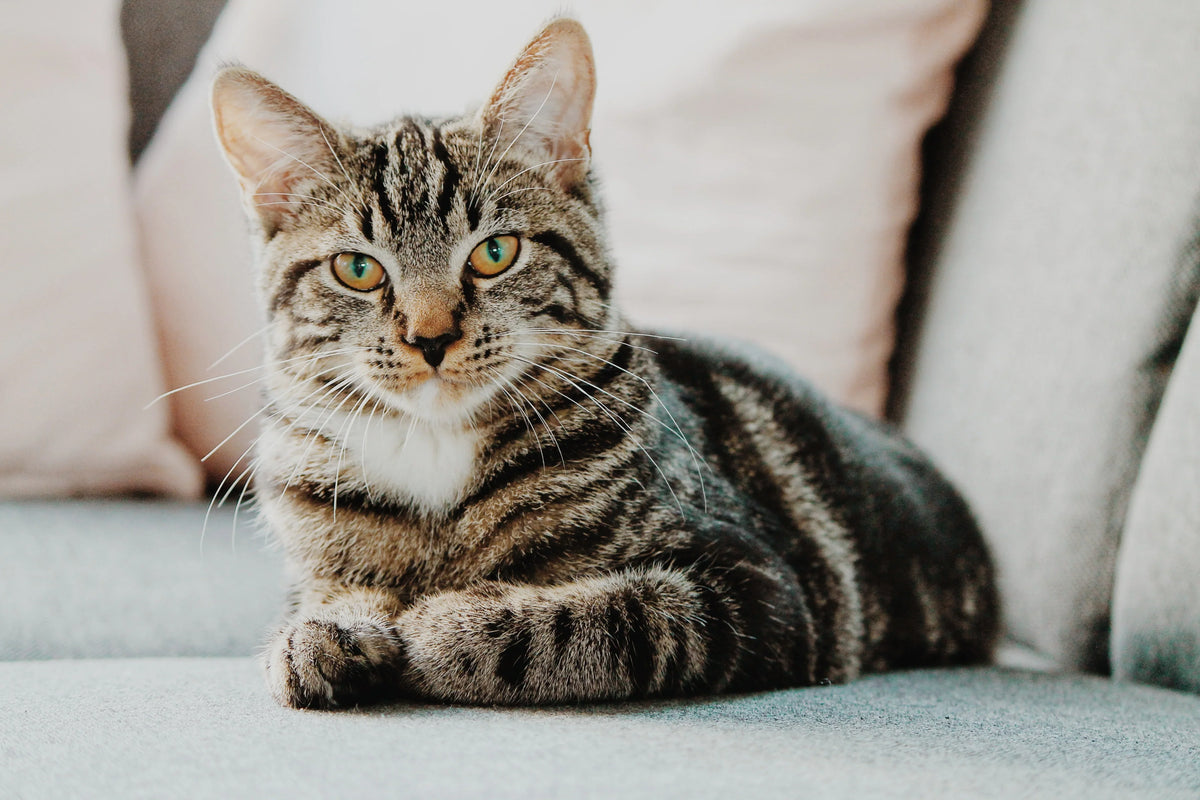In 24 cities

Healthy Skin, Shiny Coat: The Ultimate Guide to Your Cat’s Comfort
|
|
Time to read 2 min
Enter pincode
Please enter a valid pincode Enter the pincode to check delivery date
Enter the pincode to check delivery date
100% Authentic

Easy return policy

Help us ensure a smooth delivery
SIZE GUIDE
Written by: Shama Hiregange
|
|
Time to read 2 min
Itchy skin is a common issue in cats. Persistent scratching, licking, or grooming of the same area may indicate allergies, dry skin, parasites, or infections. Identifying the cause early helps prevent discomfort and skin damage.
Seasonal or food allergies – Reactions to pollen, dust, or certain ingredients in food.
Dry skin – Weather changes or over-bathing can strip natural oils, causing irritation.
Parasites – Fleas and ticks can cause intense scratching or hair loss.
Skin infections – Yeast or bacterial infections may result in redness, inflammation, or odor.
How to Recognize the Triggers
Watch for signs like:
Excessive scratching, licking, or grooming
Red, inflamed, or flaky skin
Hair loss or bald patches
Unpleasant odor from the coat
Early detection allows timely intervention and keeps your cat comfortable.
Support your cat’s skin and coat with these steps:
Use vet-approved shampoos or wipes to soothe irritation.
Add omega-3 fatty acids or supplements to improve coat health.
Keep your home clean and parasite-free.
Consult a vet if symptoms persist to rule out infections or allergies.
Regular Flea Prevention – Keeps parasites away.
Nutrient-Rich Diet – Omega-3 and Omega-6 fatty acids support skin and coat health.
Gentle Cat-Safe Grooming – Shampoos and wipes designed for sensitive skin.
Vet-Recommended Skin Supplements – Boost immunity and soothe irritation.
Regular care ensures:
Reduced itchiness and discomfort
Healthier, shinier coat
Lower risk of infections and parasites
A more relaxed and playful cat
Supertails offers vet-approved solutions to keep your cat’s skin healthy and coat glossy. From soothing shampoos to omega-rich supplements, our products promote comfort and overall wellness.
How often should I bathe my cat to prevent dry skin?
Cats generally need infrequent baths, only when necessary. Use gentle, vet-approved shampoos to maintain natural oils.
Can diet affect my cat’s skin and coat?
Yes. Omega-3 fatty acids and a balanced diet help reduce itchiness and promote a shiny, healthy coat.
Are fleas or ticks always the cause of itching?
Not always. Allergies, dry skin, and infections can also lead to persistent scratching.
What signs indicate a skin infection?
Look for redness, swelling, hair loss, scabs, or odor. Infections should be treated promptly by a vet.
Can regular grooming reduce skin problems?
Yes. Brushing removes loose hair, stimulates skin, and distributes natural oils to keep the coat healthy.
When should I consult a vet for itchy skin?
If your cat scratches constantly, shows hair loss, redness, or odor, consult a vet immediately to identify the underlying cause.



In 24 cities

Happy pet parents

For every new member

Exclusive
2 item in cart
₹10,360


